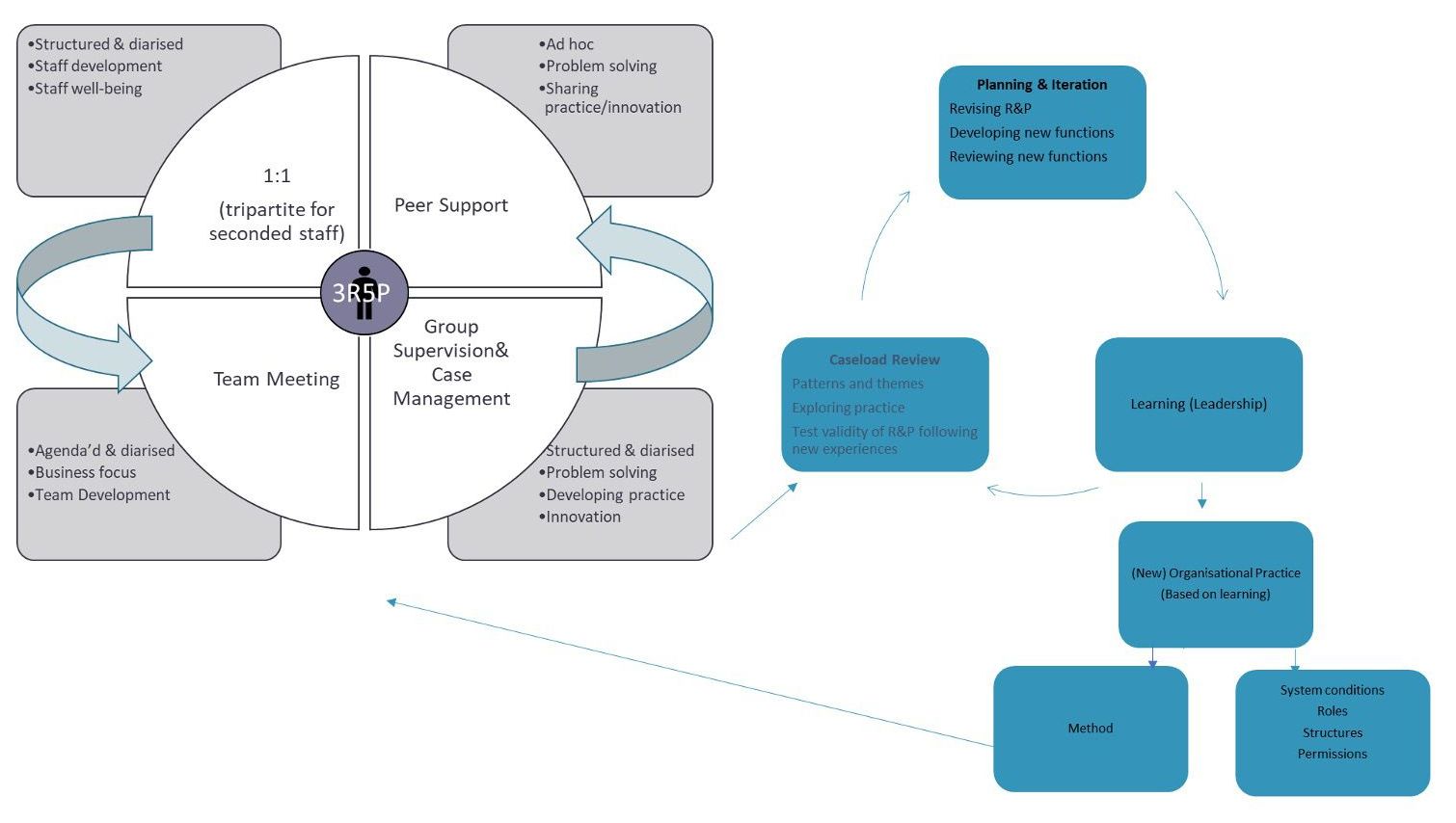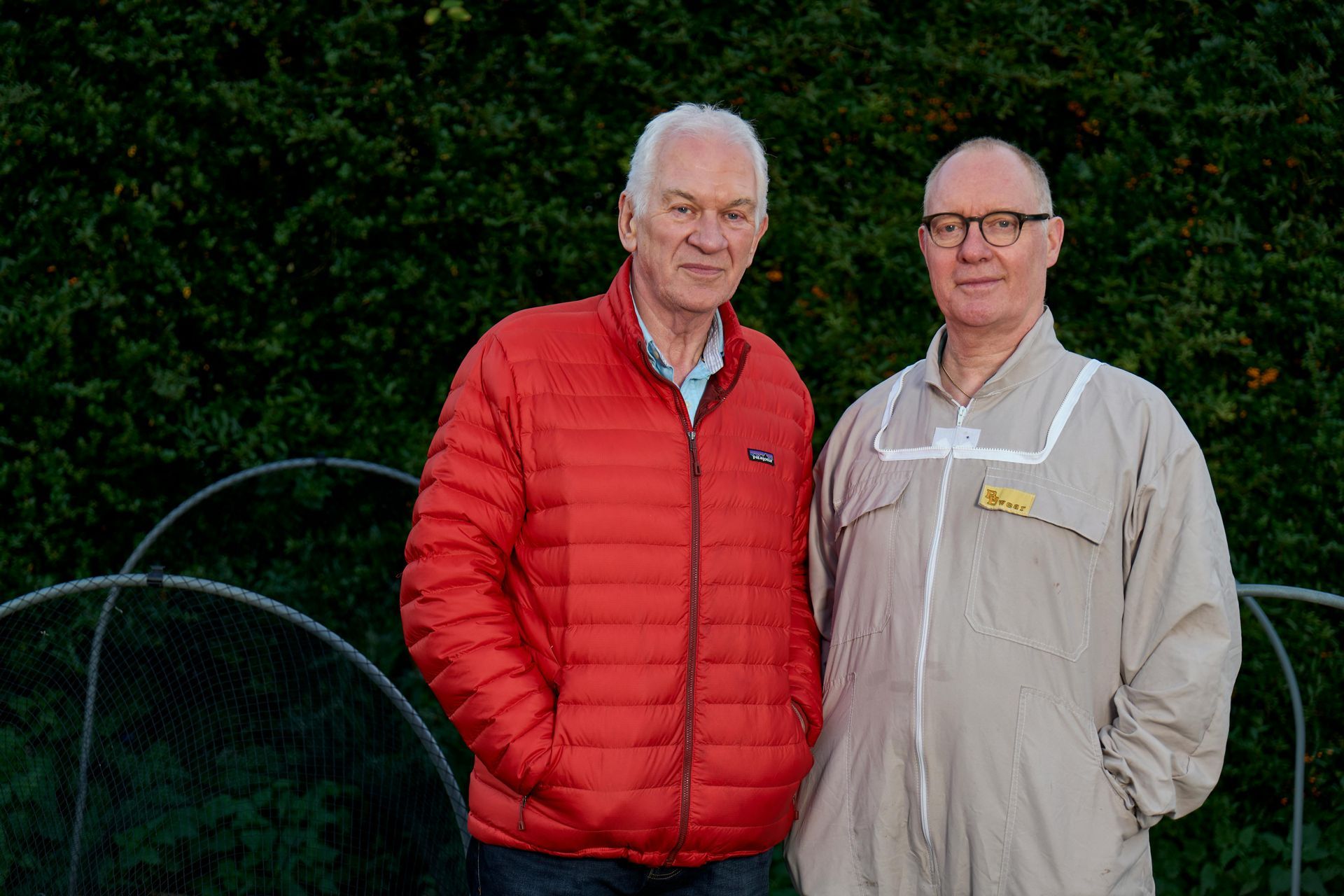What we’ve learned so far
Reflections from Changing Futures Northumbria
Changing Futures Northumbria started life as a learning programme.
We initially mapped out what we thought was going to be a very traditional Systems Change Programme, which could have had a very traditional approach to learning and learning outputs. But from the outset, we were curious about how we might think differently about the received wisdom in the “Systems Change Industry”.
There is consensus that lived experience is important, for example, but we challenged ourselves to think about where this fit for us and where the role of lived experience could best sit for our learning. Similarly, we asked ourselves what change actually meant for us. When we say change, who do we mean and in what way? When we talk about learning, are we talking about more than reports and articles to share with the system?
With this curiosity and open to challenging our own preconceptions, key themes and questions have emerged over the lifetime of Changing Futures Northumbria.
- The Importance of Learning
- The Role of Lived Experience
- The Nature of Change
Below, we share key insights in these areas:
The importance of learning
1. Learning isn’t optional, It’s foundational
When we say that learning is at the heart of the work, we aspire to mean that. Our own experience in the past has seen learning take second place to the delivery of a service; an added extra that would be nice. At best, learning can end up in a report with recommendations but doesn’t have much of a life beyond that.
For us, learning happens in real-time and is an intrinsic part of our roles. Unless there is a robust framework for learning being embedded in our jobs on a daily and weekly basis, we will miss what we need to see and miss the opportunities to iterate and adapt how we do the work with the people we want to support.
What does this look like?...
2. Learning happens in the work
“The work” is what emerges from the relationship between our caseworkers and the individuals who are seeking change in their lives. As the relationship grows, we learn about the individual, initially their immediate needs but then we learn about their hopes, fears, aspirations.
The work is a collaborative effort. Crucially, we also learn about what works and what didn’t. This is essential to iterate our liberated method through time.
Our caseworkers are encouraged to journal as well as record their interactions with people. We want to capture insight and reflections. This is a progression from a traditional documentation process that simply records events.
We have developed a bespoke digital platform to support us capture and analyse this rich source of learning
Collaborative learning & iteration

3. The direction of travel
The learning comes from the beneficiaries and the caseworkers. As the work is bespoke by design, each relationship has the potential to take it wherever it needs to go. Our leadership recognised that unless we are plugged directly into the work, we will not have the knowledge to inform iteration.
As a team, we meet with staff weekly, to listen. In these case reviews, it is possible to get a sense of the themes that are emerging, what is working and what isn’t. Learning is travelling from the beneficiaries and the caseworkers to the leadership team.
The closer leadership are to the work, the better the work will be.
The role of lived experience
1. What do we mean by
“Lived Experience”?
It is well understood that nothing can be more transformative than the active involvement of people with lived experience. These voices bring insight that cannot be accessed elsewhere. At the same time, at CFN, we were keen to think differently about what, where, how and why we could build lived experience into the work.
The scope of lived experience for us incudes those people experiencing complex challenges in their lives, our colleagues who have been on their own recovery journey and also the caseworkers who have often worked in and around services for years.
We recognise that lived experience can encompass a broad cross-section of people who have experience services and the system from very different vantage points.
2. It starts with the individual
The relationship between our beneficiaries and our caseworkers strives to be truly collaborative. And the Liberated Method recognises that the work is bespoke by design. As this relationship is given the space to be person-shaped, we see that relationship as being the central example of how lived experience informs the design of the work. The collaborative nature of the Liberated Method means that each and every bit of work is truly co-designed.
In addition, the learning from each of these relationships is captured in journals via our digital platform (REACH). Feedback from beneficiaries will also be heard in supervision sessions and in our case reviews.
Our beneficiaries, and their stories have also been central to the development of our “Burning Platform”, sharing their experiences of the systems they have had to engage with.
3. Sharing power and responsibility
A key aspect of our work is that our caseworkers work in pairs. Those pairs will be made up of people who often have experience of working in health and social care and those who have been on their own recovery journey. Often, the person with lived experience would occupy a very junior role and be subordinate to the “professional”.
At CFN, our intention was that there would be parity in these roles. They are paid the same, have the same roles and responsibilities and support each other in an equal relationship.
We also have lived experience of recovery at all levels of Changing Futures Northumbria, making sure that those voices are heard throughout.
4.
Lived experience of recovery
The learning that helps inform the continued iteration of the Changing Futures work isn’t just confined to our experiences during the programme itself. Many of us had worked in health and social care and have seen lived experience being used and accessed in ways that could have been better and more effective.
In our approach to embedding people with lived experience in the work, we were keen to distinguish between lived experience of recovery and experience of the conditions that people find themselves experiencing (e.g. addiction).
Many of our colleagues have been in recovery for multiple years and can bring that experience to supporting people on their journey of change.
The recognition that safe and effective working needs to pay attention to where people with lived experience are on their own journey and that people who are quite far down that road can be influential and highly effective when working alongside caseworkers with experience of services.
The Nature of Change
1. What are we in the business of changing?
CFN started life as a programme that was going to show the system where there were barriers and help facilitate change in those services that would address those barriers for people with complex lives.
While one of our primary aims remains influencing change within services, how we think about change and our part in it has broadened and deepened.
When we talk about change, we think about it at these points:
• The Individual
• Systems and Services
2. Internal vs external change
We have seen radical change in the lives of our beneficiaries as a result of the relationships they have built with our Changing Futures colleagues.
In the early part of this journey, often the collaboration is focussed on practical transactions, stabilising people’s lives: helping with finance, health, housing, etc. In essence, we are supporting an external change to peoples lives.
As the relationships develop, we have seen an internal change happen for people.
Their beliefs and feelings about themselves and the communities they live in. A change in values or how they understand their role in their own lives.
Through support (and challenge), we have been there when people are ready to change internally as well as wishing to change those external things that they need help with

3. Attraction rather than promotion
We recognise that the tone of systems change can often be a challenge when we engage with services and the system. People doing good work in services, often in difficult circumstances, are told that their services are “broken” and then schooled in what they need to do. This rarely results in good relationships and fruitful collaboration.
We recognise that to build relationships where we can influence change, we need to practice humility, listen to our stakeholders and be empathetic to their challenges.
In addition, we are not seeking to sell our methodology as a magic, silver bullet, or to use our work as a platform to criticise other people. We simply want to share our learning and build the relationships with others that will encourage curiosity to think about change.



